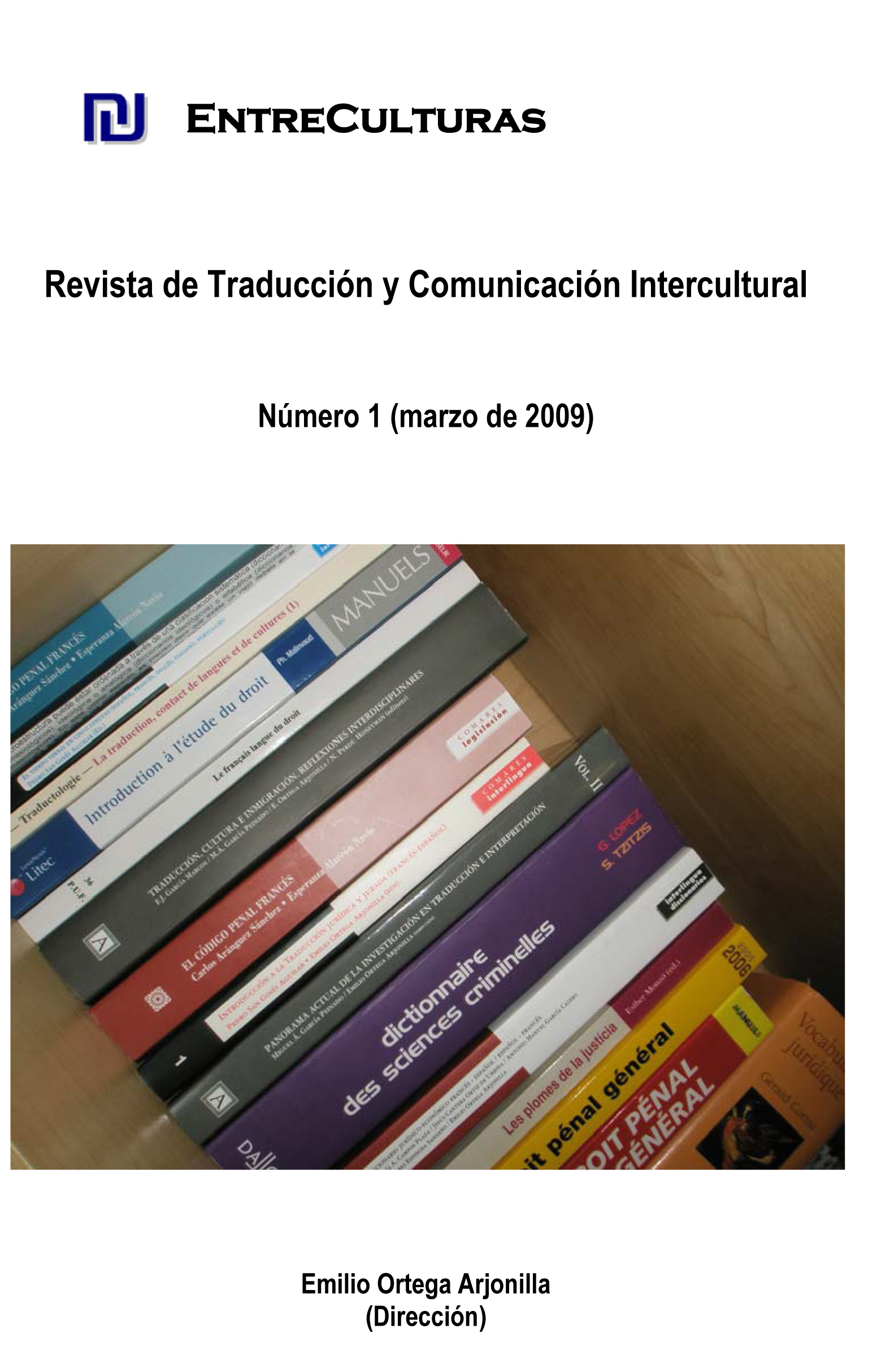EVALUACIÓN Y AUTOEVALUACIÓN COMO INSTRUMENTOS DE MOTIVACIÓN Y DE CALIDAD EN LA INTERPRETACIÓN CONSECUTIVA
DOI:
https://doi.org/10.24310/Entreculturasertci.vi1.11891Keywords:
motivation, evaluation, self-evaluation, consecutive interpretation, qualityAbstract
Cognitive psychology supports the idea that to explain the learning process both cognitive and motivational variables need to be taken into account. Learners that experience feelings of autonomy tend to target challenges, persevere in difficult tasks, achieve more, and carry out work of higher quality than that of professor-controlled learners. It is also most useful to make use of errors for assessing the “process” of achievement rather than the “product” of it. This article will show different evaluation procedures that are part of the teaching methods of consecutive interpretation as a key competence in learner motivation.
Downloads
Metrics
References
ALONSO TAPIA, J. (1991) Motivación y aprendizaje en el aula: cómo enseñar a pensar. Madrid, Santillana.
-----------. (Ed.) (1992) Motivar en la adolescencia. Teoría, evaluación e intervención. Madrid. Servicio de Publicaciones de la Universidad Autónoma.
COLLADOS AÍS, A; GARCÍA BECERRA, O; PRADAS MACÍAS, M. E ; STEVAUX, E. (2006) La Evaluación de la Calidad en Interpretación Simultánea: Parámetros de Incidencia. Editorial Comares, colección Interlingua. Granada.
NOVAK, J.D. Y GOWIN, B.D. (1984) Learning to learn. Cambridge University Press. Cambridge.
POPLIN, M.S. (1988). "Holistic /constructivist principles of the teaching/learning process: implications for the field of learning disabilities", Journal of Learning Disabilities, 21, pp 401-416.
POZO MUNICIO, I (1996) Aprendices y maestros. La nueva cultura del aprendizaje. Madrid. Alianza Psicología y Educación
STIPEK, D.J. (1993). Motivation to learn. Boston, Allyn & Bacon.
Downloads
Published
How to Cite
Issue
Section
License
All contents published in Entre culturas. Revista de traducción y comunicación intercultural are protected under the Creative Commons Attribution-NonCommercial-ShareAlike 4.0 International (CC BY-NC-SA 4.0) license. All about this license is available in the following link: <http://creativecommons.org/licenses/by-nc-sa/4.0>
Users can copy, use, redistribute, share and exhibit publicly as long as:
- The original source and authorship of the material are cited (Journal, Publisher and URL of the work).
- It is not used for comercial purposes.
- The existence of the license and its especifications are mentioned.
There are two sets of authors’ rights: moral and property rights. Moral rights are perpetual prerogatives, unrenounceable, not-transferable, unalienable, imprescriptible and inembargable. According to authors’ rights legislation, Entreculturas. Revista de traducción y comunicación intercultural recognizes and respects authors moral rights, as well as the ownership of property rights, which will be transferred to University of Malaga in open access. The property rights are referred to the benefits that are gained by the use or the dissemination of works. Entreculturas. Revista de traducción y comunicación intercultural is published in an open access form and it is exclusively licenced by any means for doing or authorising distribution, dissemination, reproduction, , adaptation, translation or arrangement of works.
Authors are responsable for obtaining the necessary permission to use copyrighted images.





7.png)
